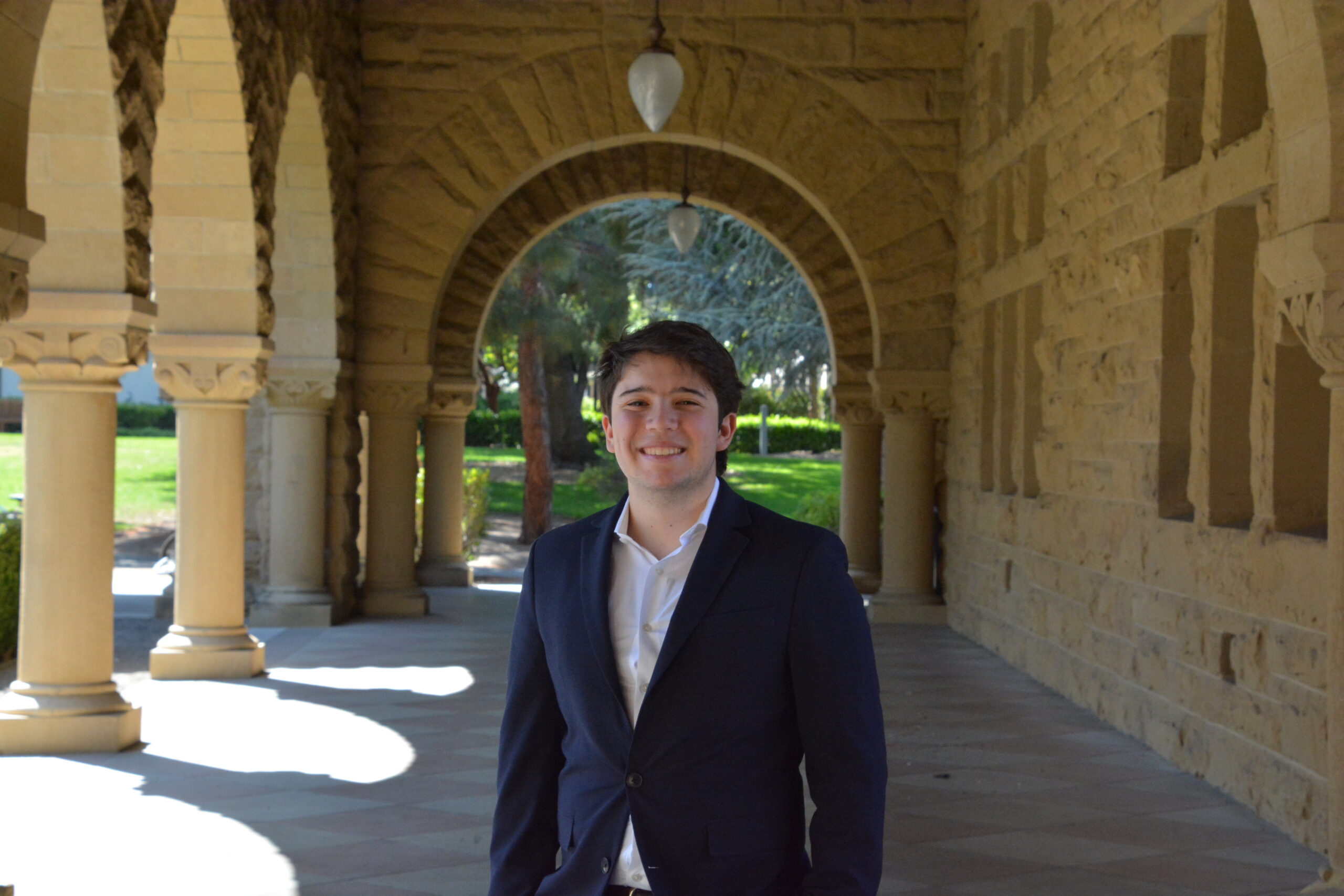This summer, our think tank hosted Nathaniel Fagelson – a Stanford student with a strong academic interest in international economics and policy.
Nathaniel joined us with prior experience in the nonprofit sector, as well as an ongoing research role at the Hoover Institution, a think tank based at Stanford. At Hoover, he contributes bi-weekly analysis on geopolitical trends, working under the supervision of former U.S. National Security Advisor. His work there spans regions and topics, including global energy, environmental issues, and public health. At LaSER, Nathaniel sought to complement this experience with a more focused exploration of international trade dynamics from a small-state perspective. Latvia, and the Baltic region more broadly, was unfamiliar territory. That unfamiliarity was part of the appeal: the opportunity to engage with a new context and to examine how small, open economies respond to global developments. The internship provided a framework to explore these questions through focused, policy-relevant research.
His primary project examined trade relations between Latvia and the United States, combining historical analysis with current trade data, sector-specific trends, and qualitative insights. While the research is still in progress, the work has offered insight into how external shocks – whether geopolitical, regulatory, or economic – can shape trade patterns and open up new areas for policy consideration in small economies.
In addition to his research, the internship offered a chance to engage with life in Riga. Nathaniel noted the city’s accessibility, green public spaces, and relatively mild summer climate as contributing to a positive overall experience.
The internship helped refine Nathaniel’s interests within the field of political economy and confirmed a desire to work in settings that combine analytical work with direct engagement, whether through stakeholder interviews, applied research, or international collaboration. While Nathaniel is still considering his next academic steps, including the possibility of graduate study, the experience in Riga has contributed meaningfully to how he frames his future goals.
As the internship is coming to an end, Nathaniel has gained a deeper understanding of Latvia’s economic landscape, a broader perspective on trade policy, and a sustained interest in the role of smaller economies in global systems. He also expressed an intention to return to Latvia in the future – if not for research, then at least as a visitor.
We thank Nathaniel for his contribution to our work this summer and wish him continued success in the years ahead.

